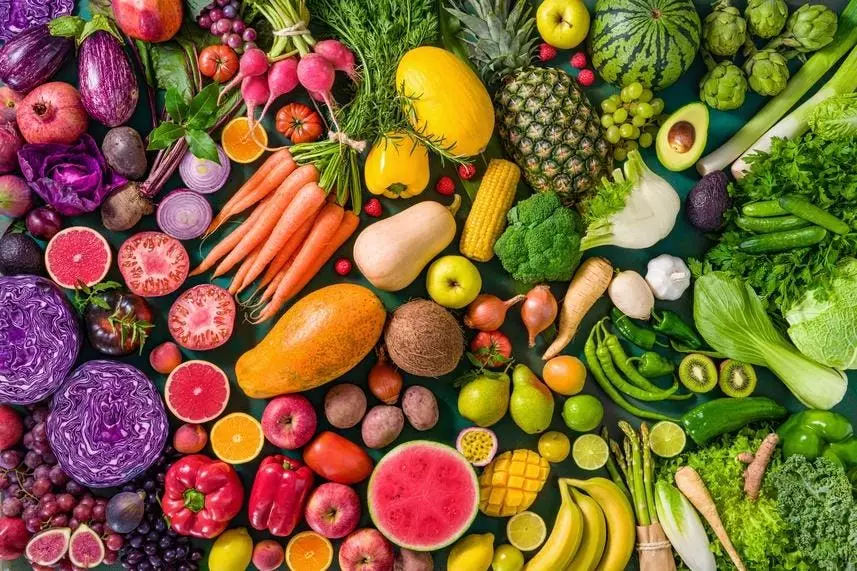Fresh fruits and vegetables are universally recognized as vital components of a balanced diet, providing essential vitamins, minerals, and dietary fiber. They serve as a natural source of antioxidants, helping combat oxidative stress in our bodies. As modern consumers have become increasingly health-conscious, the demand for accessible, high-quality fresh produce has expanded. Fortunately, advancements in various technologies have made it simpler than ever to incorporate these nutrient-rich foods into our daily meals, turning the concept of healthy eating into a more feasible lifestyle choice.
From refrigeration techniques that enable longer shelf life to controlled atmosphere storage systems, our ability to maintain the freshness of produce has significantly improved. Moreover, innovations in transportation, such as efficient ocean freight operations, have made it possible for consumers to access a variety of fruits and vegetables year-round. In addition to preservation, the convenience factor has also seen substantial enhancement through products such as pre-packaged salads, ready-to-use vegetable kits, and easy-peel fruits. These developments are not just for convenience’s sake; they represent our growing understanding of how to make healthy eating accessible.
Groundbreaking Innovations in Fresh Produce
As the pursuit of healthier eating continues, we are witnessing the emergence of novel crops and innovative growing practices. One particularly fascinating development is the domestication of Duckweed, a wild aquatic plant known scientifically as Wolffia. Recognized as the smallest flowering plant, Duckweed has garnered attention for its impressive nutritional profile. Israeli company GreenOnyx has pioneered a method for cultivating Duckweed through vertical farming, allowing for local production and distribution under the brand name Wanna Greens.
The significance of Duckweed lies not only in its environmental sustainability but also in its nutritional value. Dr. Lauren Kaufman, a credible nutrition expert, has affirmed the crop’s rich content of protein, dietary fiber, beta-carotene, antioxidants, and vitamin B-12. Particularly noteworthy is the presence of protein and vitamin B-12, nutrients traditionally sourced from animal products, offering a compelling and inclusive alternative for those adhering to plant-based diets. This versatility also presents an opportunity for children who may be averse to vegetables, as Duckweed’s mild flavor can seamlessly blend into various favorite dishes.
While many individuals are motivated to enhance their diets through fresh produce, not everyone possesses the space, time, or confidence to cultivate their own gardens. The idea of gardening can be intimidating, especially for those who identify as lacking a “green thumb.” However, recent initiatives are targeting this gap by empowering aspiring growers to cultivate their own micro-gardens effortlessly.
Lettuce Grow, a company co-founded by Jacob Pechenik, has built a reputation for making the process of growing vegetables accessible and straightforward. Recently, they announced the launch of their indoor gardening systems, available in select Costco locations. These systems consist of self-contained growing units that can easily fit on kitchen counters, complete with grow lights to aid in production.
By providing seedlings that are ready for planting, Lettuce Grow eliminates the daunting process of starting from seeds and allows consumers to grow a variety of vegetables and herbs. The ability to cultivate crops like butter lettuce, kale, parsley, and basil indoors gives consumers the thrill of gardening while ensuring a fresh supply of produce at their fingertips. With over 140,000 established customers who have embraced similar outdoor and indoor setups, the anticipation grows for how this new product line will be received.
Both Duckweed and Lettuce Grow’s micro-garden solutions represent a critical shift in our approach to food consumption and sustainability. By making fresh produce more accessible and achievable, these innovations reduce the overwhelming feelings of guilt often associated with food waste, presenting enjoyable ways to consume healthier options.
While these solutions may not single-handedly fix the global food crisis, they embody a step towards enhancing dietary health and cultivating a deeper connection to our food sources. The potential to grow our own food at home, combined with the introduction of nutrient-dense crops, offers modern consumers a tantalizing glimpse into the future of fresh produce, where sustainability, convenience, and health can coexist harmoniously.


Leave a Reply